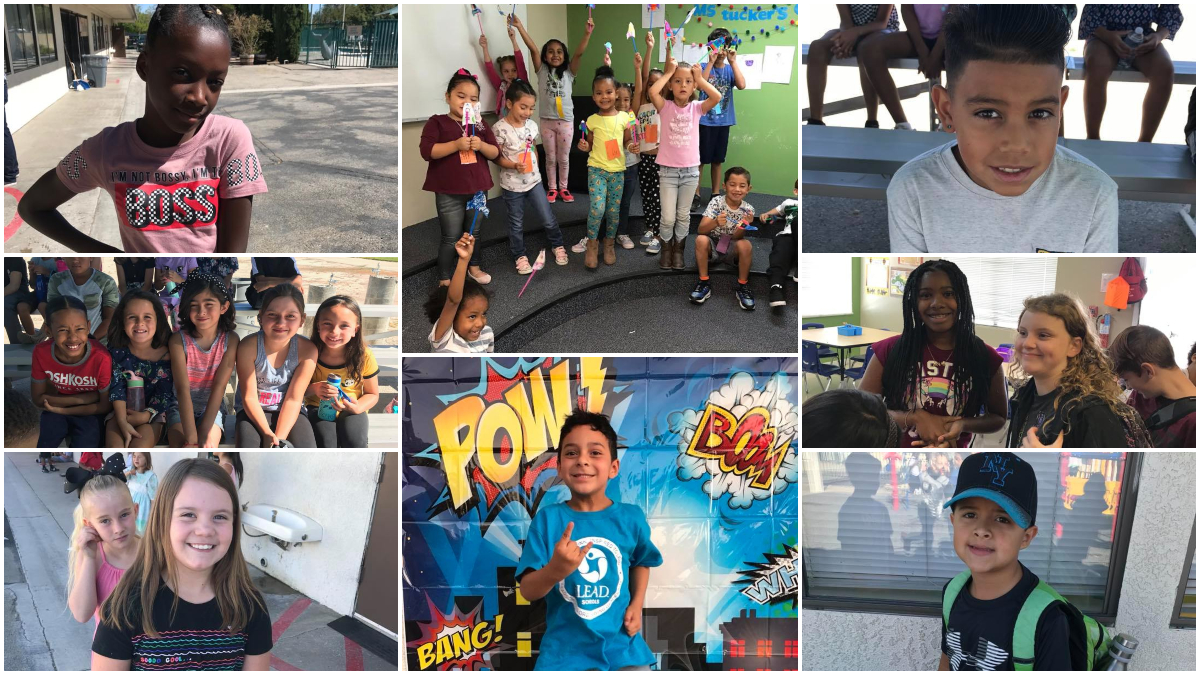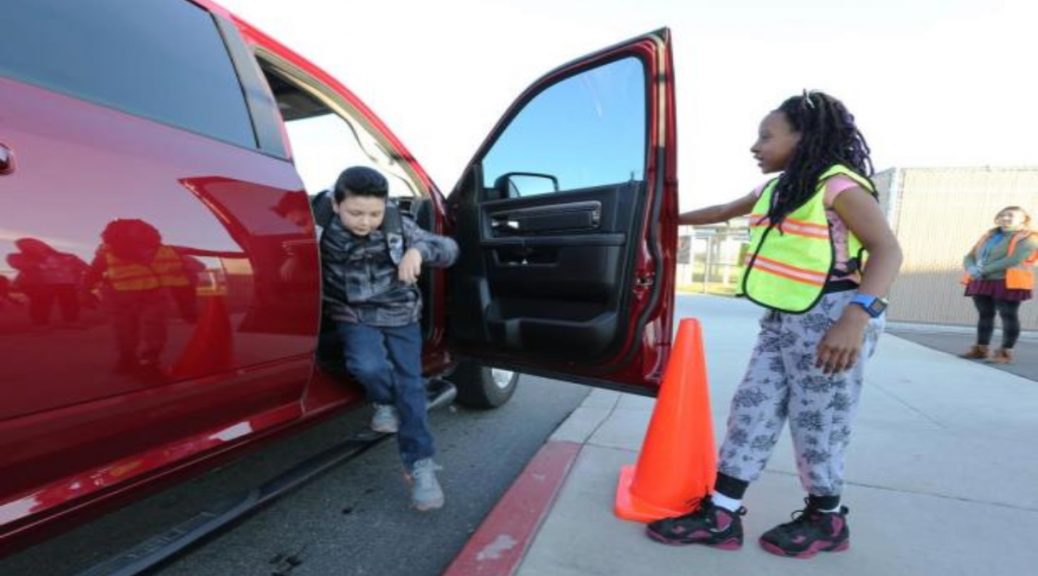So here we are. We’ve explored six of the seven habits and why they’re important to us and our learners at iLEAD Antelope Valley, and hopefully by this point you feel more equipped and empowered to approach your own life and work with clearer focus and vision.
But how do we maintain that energy?
That’s where Habit 7 comes in — Sharpen the Saw. Incorporating the 7 Habits into your life is all about achieving balance. But living a life in balance means taking the necessary time to renew yourself. It’s all up to you. You can renew yourself through relaxation, or you can totally burn yourself out by overdoing everything.
“Sharpen the Saw” means preserving and enhancing the greatest asset you have — you. It means having a balanced program for self-renewal in the four areas of your life: physical, social/emotional, mental, and spiritual. Here are some examples:
- Physical: Beneficial eating, exercising, and resting.
- Social/Emotional: Making social and meaningful connections with others.
- Mental: Learning, reading, writing, and teaching.
- Spiritual: Spending time in nature, expanding spiritual self through meditation, music, art, prayer, or service, etc.
The point is, if we don’t take the time to recharge and renew ourselves regularly, we will burn out and find our efforts stale.
As Dr. Stephen Covey said, “Renewal is the principle — and the process — that empowers us to move on an upward spiral of growth and change, of continuous improvement.”
What that sharpening looks like will vary from person to person. For you, sharpening the saw might mean taking a 10-15-minute walk every day where you can decompress and not focus on day-to-day responsibilities. Or maybe it means better structuring your workweek so on weekends you can focus primarily on family time. Whatever your saw-sharpening looks like, find something that works for you.
As the saying goes, the whole is greater than the sum of its parts. To make the most of the 7 Habits in improving yourself, your life, and your work, it cannot be a piecemeal effort. Each enhances and strengthens the others. Step by step, find the balance of incorporating each habit — and don’t neglect yourself. Sharpen that saw so that you can truly be your best.
For more information on the 7 Habits and other leadership resources, click here to visit the FranklinCovey website.





